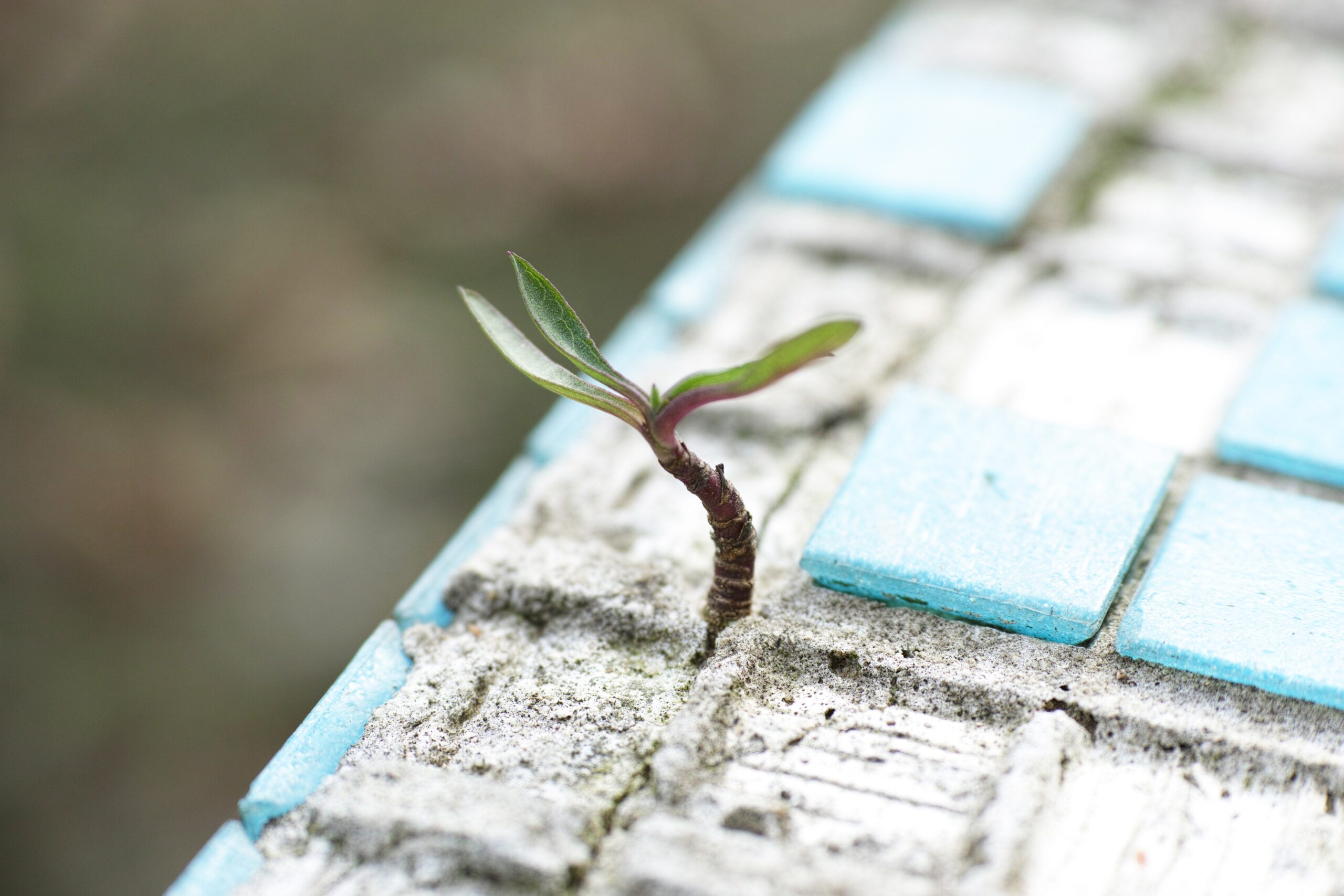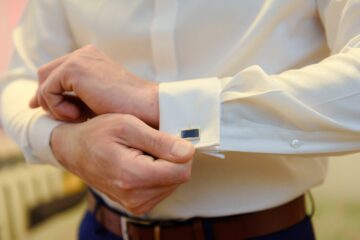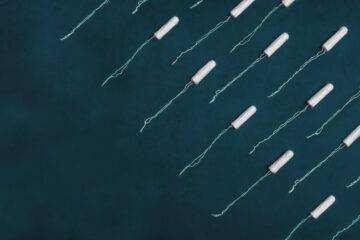There is hope!
Background:
- There is always hope in everything! It can be disappointing when an IVF treatment did not work. However, studies have found that many (up to close to one third of couples) conceive naturally after failed IVF cycles.
- IVF treatment can be expensive. But what if a successful or unsuccessful IVF treatment can lead to conceiving naturally soon after?
- At times, physicians do find health issues that completely prevent pregnancy, but using adopted eggs/sperm/embryos is an option. Adoption of a child is another option!
Findings:
- Research found that up to 1/3 of women undergo IVF treatment can conceive naturally within 2 years
- Sometimes, they can conceive as soon as a few months after a failed IVF treatment
Why is this important?
This is important because IVF treatment can be expensive, and many cannot afford a second IVF treatment for additional family building. This finding is good for our mental health and gives all of us hope that perhaps with carefully calibrated treatment, good diet, and positive lifestyle choices, we can potentially evoke our bodies’ natural abilities to reproduce, after IVF treatments.
Why is it that, sometimes, we can conceive naturally after IVF treatment?
- One of the reasons is that, as part of IVF treatment, our doctors can discover previously unknown issues that prevent pregnancy. For example, fibroids.
Fibroids is growth in a woman’ body that could potentially prevent pregnancy. If IVF treatment successfully discovered the presence of fibroids and the doctor/surgeon subsequently removed the growth, then the women can improve her chance of potentially conceiving naturally because that particular obstacle to conception is removed.
- Also, during the IVF treatment, women are advised to be watchful of her diet, avoid pesticide and harmful environmental elements. One could argue that she may continue following those guidelines after the IVF treatment is completed, if possible.
- Additionally, the IVF treatment often serves as an educational process that teaches all of us (women, men, and couples) the factors that could potentially cause infertility, such as cigarettes-smoking. We could potentially discontinue those habits and lead a healthier lifestyle after IVF treatments, and hence, increase the chances of conceiving naturally.
- The IVF treatment teaches us about ovulation, menstruation cycles and knowledge about our specific body that we did not know before. Every woman’s ovulation dates and situation are different. The IVF process is a tailor-made process that teaches us about our own body.
Key takeaway:
- There is still hope if one’s first IVF treatment did not work. One may still potentially conceive naturally afterwards.
- Be prepared that you could be pregnant naturally after your IVF treatments. There could surprises. ?
- If there are serious health issues that completely prevent pregnancy, talk to your doctor about adoption of a sperm/egg/embryo or adopting a child.
Disclaimer:
This does not constitute medical advice. Please consult your doctor for your specific situation. Lifestyle choices are individuals’ choices.
It is written by Eggschain editors and medically reviewed by Hugh Taylor, MD, the Anita O’Keeffe Young Professor and Chair, Department of Obstetrics Gynecology and Reproductive Sciences at Yale School of Medicine and Chief of Obstetrics and Gynecology at Yale-New Haven Hospital. He is also Professor of Molecular, Cellular and Developmental biology at Yale University.
Source:
Human Reproduction (Oxford Academic):



